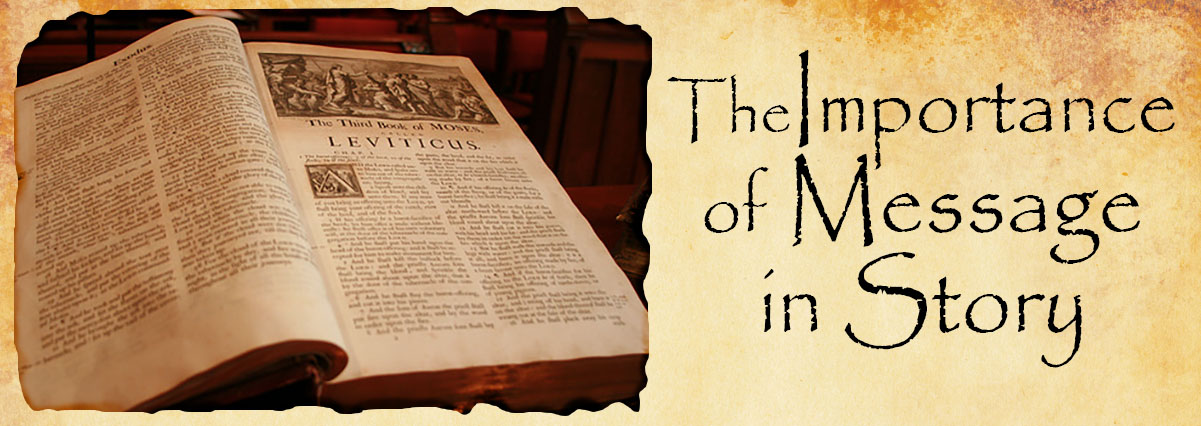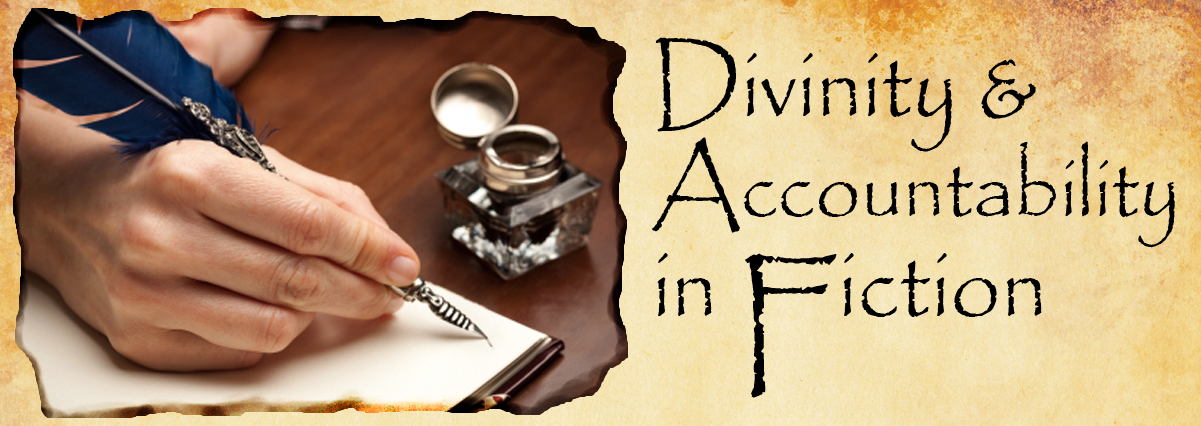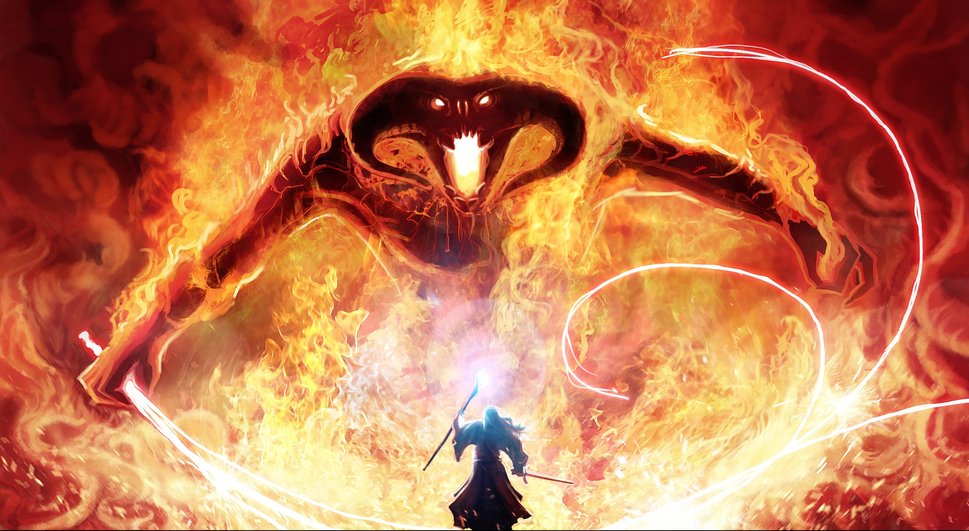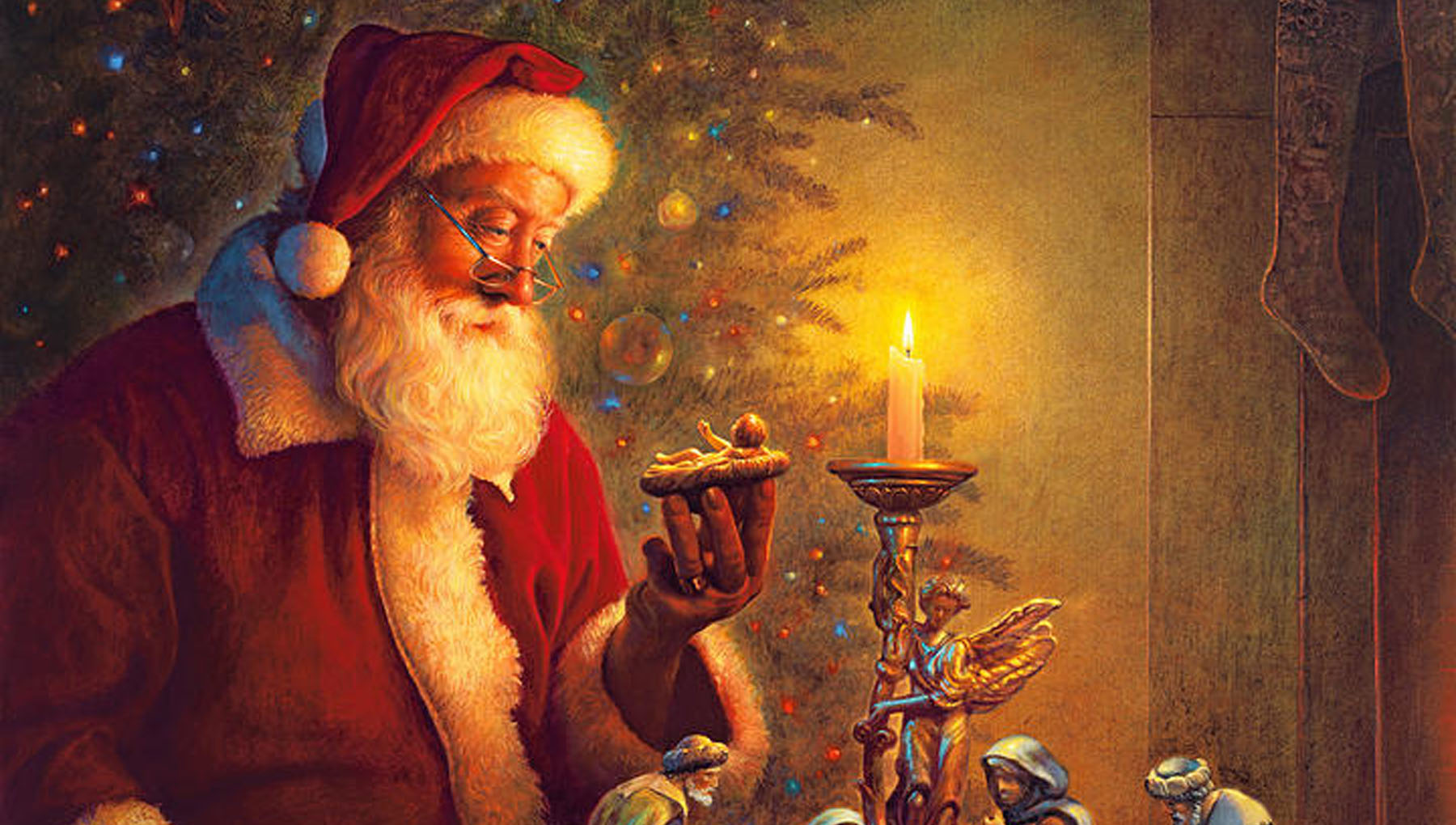The importance of message in story
While it is important that a fiction piece not “preach” a message to its readers, it is of even greater importance that the story does communicate a message. A lot of stories written today seem to focus on action and romance, or something similar. But the real power in storytelling is to reinforce cultural values, or even to destroy them. We learn best by observing others in what they do and should not have done. We learn by those things… and stories have the ability to mold our thinking.
My first novel, Swords of the Six, delivered a few messages. The heroine in the story fell in love but her life blood was not human and thus in order to give birth to a living child she had to give up her own life. The heroine was left with an internal battle as she realized that giving birth would separate her from her new husband. The story was a message, a way of demonstrating the immorality of abortion and reinforcing the Biblical value for human life.
Without message the story has no real impact on the reader. It becomes generic. Action and romance are necessary elements in story, but in and of themselves they are not sufficient. Story needs soul. Story needs conviction.
Have you ever read The Pilgrim’s Progress or Hinds Feet on High Places? They are allegories of the Christian life and their value to the reader is powerful because it challenges your thinking. It causes you to evaluate who you are, what you want to be, who you want to be, and helps you recognize the flaws and pitfalls in modern thinking. Nowadays many writers are afraid of hurting the reader’s feelings or alienating people by writing messages that the reader disagrees with and that society may frown upon. But that is exactly the strength of literature.
You need to be challenged, motivated, and encouraged. I once used the line that my books were written to “enlighten, enliven, and enthrall people of all ages.” That is still where I stand. Stories have the ability to reach into hearts and change minds. As a Christian I recognize the power of message in story. We need to embrace it and share it with people around us. It will strengthen folks to stand for things wholesome, right, and good. And to live without fear because we know the message is greater than our comfort.
Q: What messages do you appreciate in stories you’ve read?






 Pilgrim’s Progress. I must have read that book three times when I was growing up and what an impression it left on me. John Bunyan’s classic allegory for many years was the best-selling book next only to the Bible. Even today its popularity is evidenced by the many various revisions and editions it has populated.
Pilgrim’s Progress. I must have read that book three times when I was growing up and what an impression it left on me. John Bunyan’s classic allegory for many years was the best-selling book next only to the Bible. Even today its popularity is evidenced by the many various revisions and editions it has populated.
